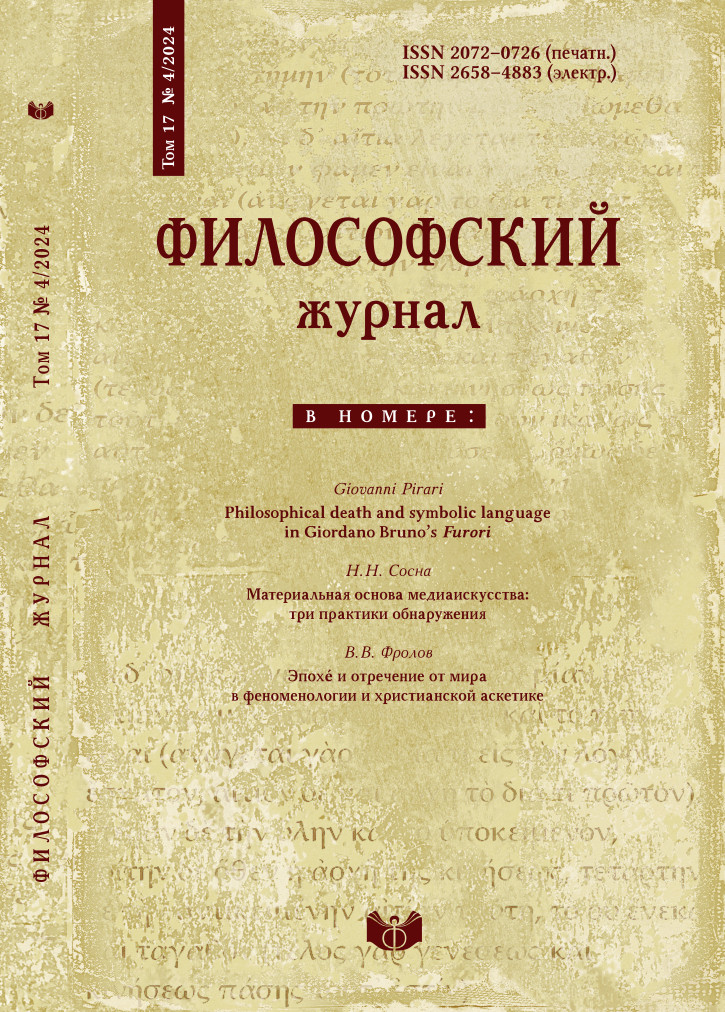Is Borges’s classification so absurd and is it possible to recognize an actor as an author?
DOI:
https://doi.org/10.21146/2072-0726-2024-17-4-181-188Keywords:
natural kinds, taxa and taxonomies, Borges’s classification, systemic communication theory, externalism and internalism, coronavirus, languageAbstract
The article substantiates that logically incorrect “Borgesian classifications”, which include sets of objects distinguished for different reasons, still exhibit pragmatic relevance. These pragmatic bases of classifications may not correspond to the basic function of science: the implementation of fundamental scientific research, and may not correspond to culturally and socially determined expectations and communicative requests for science. But this does not negate the fact that science (in order to protect its communicative autonomy) within the framework of applied research is forced to respond to communicative requests from the outside. The article criticizes the approach of A.V. Sakharova. In particular, it is substantiated that despite the fact that the author distances himself from the Borgesian classification, nevertheless, by asserting the pragmatic necessity of some taxonomies, she implicitly builds and uses it. We will also show that these pragmatic grounds for defining taxa do not serve the basic function of basic science. This unique function consists of conducting fundamental research, which precisely distances itself from socially determined, external (political, value-religious, economic) requirements for science: greater usefulness, relevance, social significance, the creation of ideologies, etc. However, in some circumstances (primarily in order to assert its own autonomy) and as if ignoring its own research interest, science is forced in one way or another to respond to external socio-communicative demands from adjacent communication systems. It is in these pragmatically defined contexts that Borgesian-type classifications can be used.






